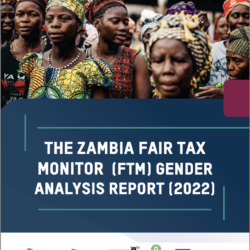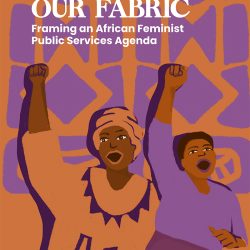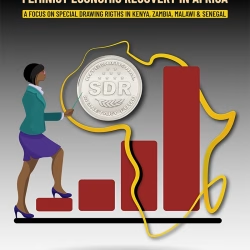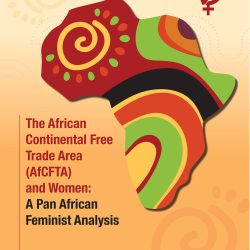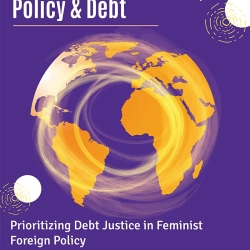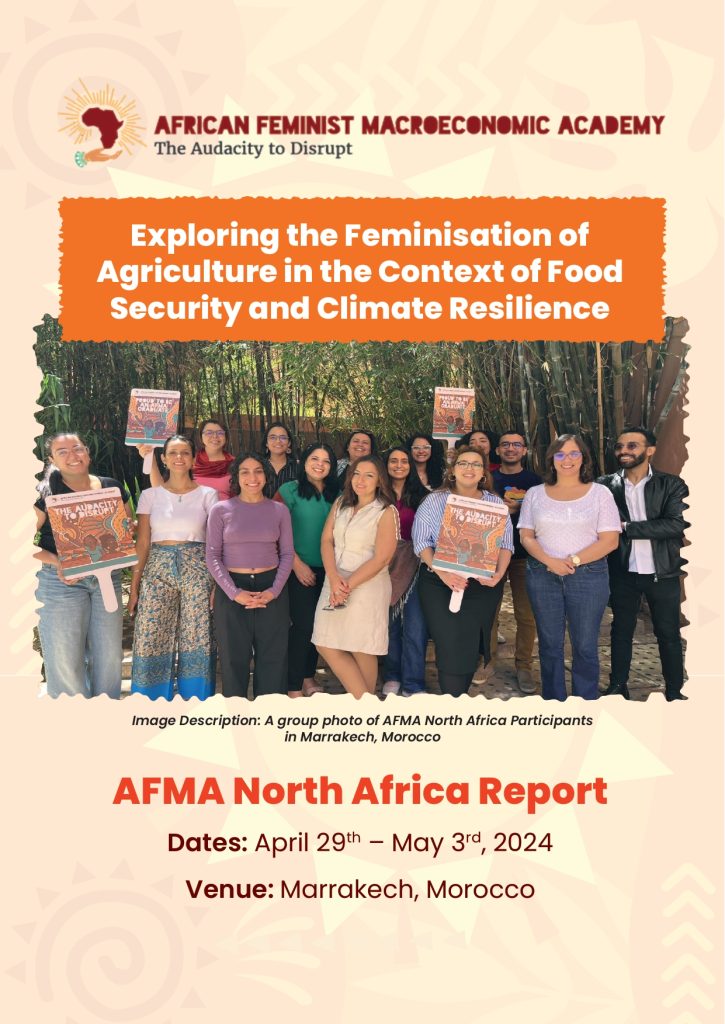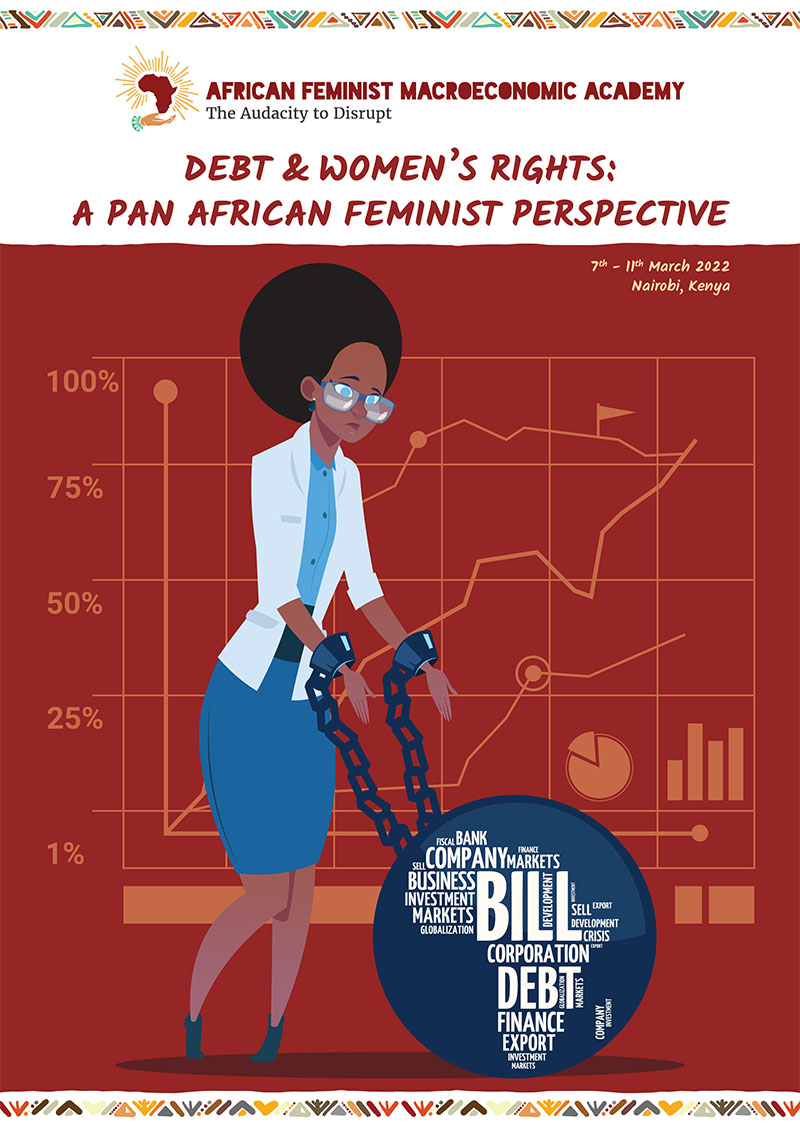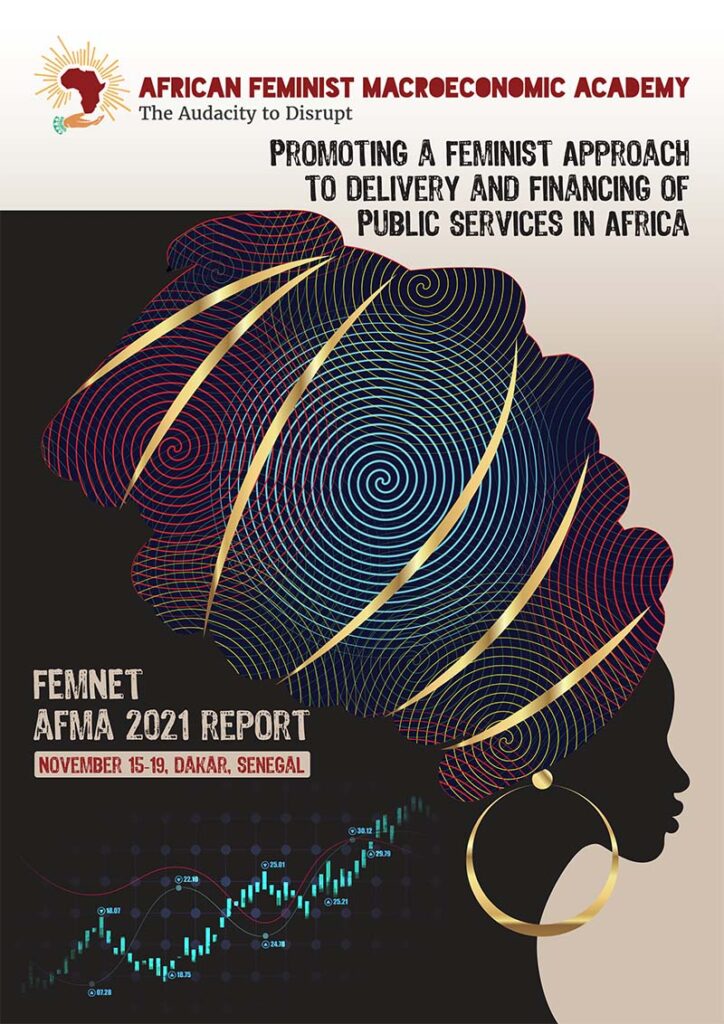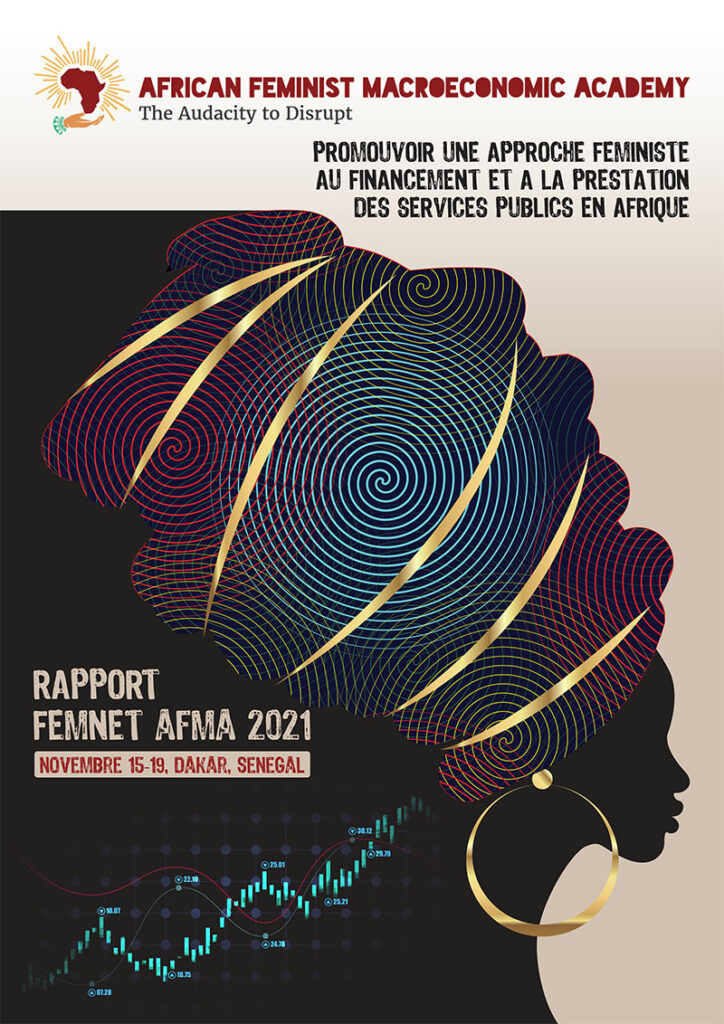Over the last eight years FEMNET has been advancing women’s economic justice and rights through advocacy, research and capacity strengthening initiatives. These efforts aim to challenge mainstream economic orthodoxies that perpetuate gendered inequalities. Our goal is to contribute to the attainment of socio-economic rights for African women and girls by reimagining feminist alternatives for just, rights-based economies on the African continent. Our Economic Justice and Rights programme convenes movement building across its network and partners, focusing on strengthening linkages between women’s rights organisations, activists and feminist economists to advance macroeconomic policy shifts and regional, continental and international levels.
Our economic themes that we work on:
- Tax Justice for women and girls: This work unpacks how fiscal policies such as austerity measures, curbing illicit financial flows directly impact women’s rights and advances transformative gender-inclusive tax frameworks.
- The Care Economy: This work seeks to understand the contours of the care economy across Africa, and advance economic policies that recognise and radically reduce care work for women and girls.
- Debt Justice: We articulate how debt remains one of the central mechanisms of perpetuating existing gendered power relations both within the household and in our economies.
- Feminist Trade Policy: This work analyses regional trade instruments including but not limited to tracking the African Continental Free Area and sheds light on priorities for negotiations in terms of which sectors or reforms may disproportionately affect women, as well as the domestic policies needed to support opportunities from trade for women.
- Natural Resource Governance and Extractives: This work involves research and advocacy that makes visible the intersections of climate change, economic justice and women’s rights.


